The Kansas City region is a global leader at the nexus of human and animal health benefiting all our citizens and the economy.
Our Mission
The KC region is a global leader at the nexus of human and animal health, inspiring thinkers from diverse disciplines to combine their efforts for a common purpose — healthcare innovation. For 25 years, BioNexus KC has been advancing the region’s strengths in digital health, cancer research, health equity, informatics, and rare disease.
BioNexus KC stimulates collaboration, accelerates emerging technology from concept to reality, and creates opportunities at the nexus of:
- Human and Animal Health
- Urban and Rural Health
- Healthcare and Information Technology
- Academia and Industry
- Kansas and Missouri
Strategic Initiatives
As a global leader at the nexus of human and animal health, the Kansas City region is in a unique position to promote scientific advancement. BioNexus KC has developed working groups for four areas of progress that benefit the region’s citizens and its economy.
A Look Back
We have played a key role in several life sciences initiatives and accomplishments in the region. We are proud to bring life sciences organizations together through collaboration and innovation and we look forward to the next 20 years and beyond.
Donate to Life Sciences
History
-
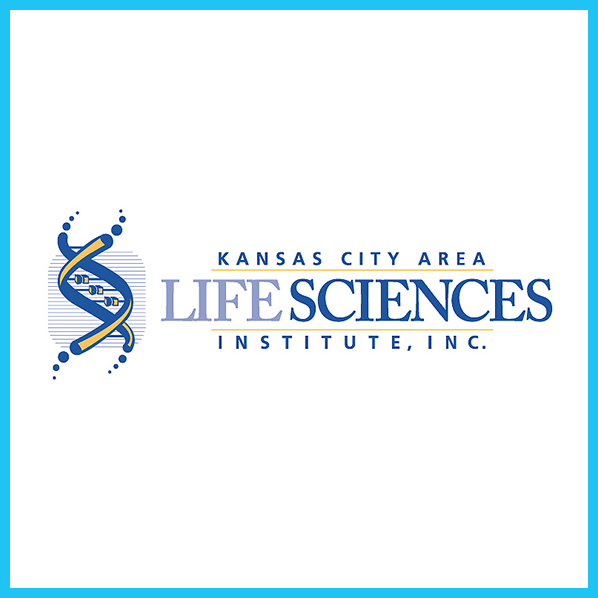
Life Sciences Task Force Created by KCADC and Civic Council; Resolves to Form Kansas City Area Life Sciences Institute Association
January 1, 1999Subsequently, the Kansas City Area Life Sciences Institute (KCALSI) was created to develop a sustainable economic development advantage through successful implementation of the region’s life sciences plan. The plan identified several strategies from increasing life sciences research capacity, to commercializing products developed from the research, to attracting new life sciences companies to the region.
-
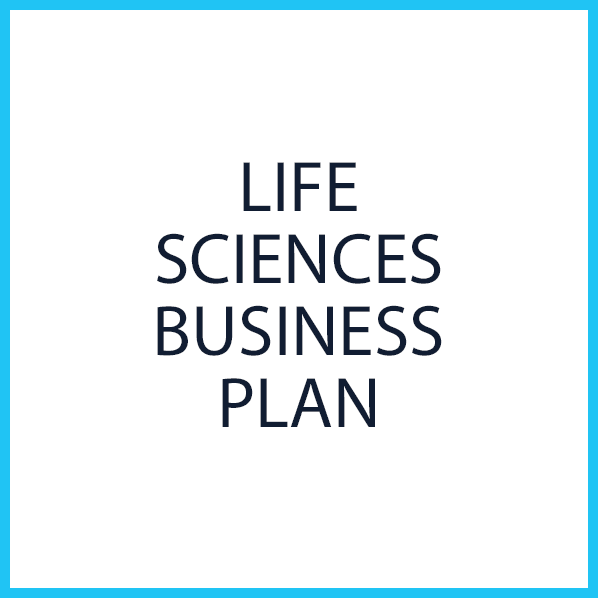
First Life Sciences Business Plan Completed
January 1, 2000In 2000, KCALSI accepted the challenge of helping the region to become a nationally known center of established, world-class life sciences companies, private and academic research institutions, and emerging, entrepreneurial companies
-
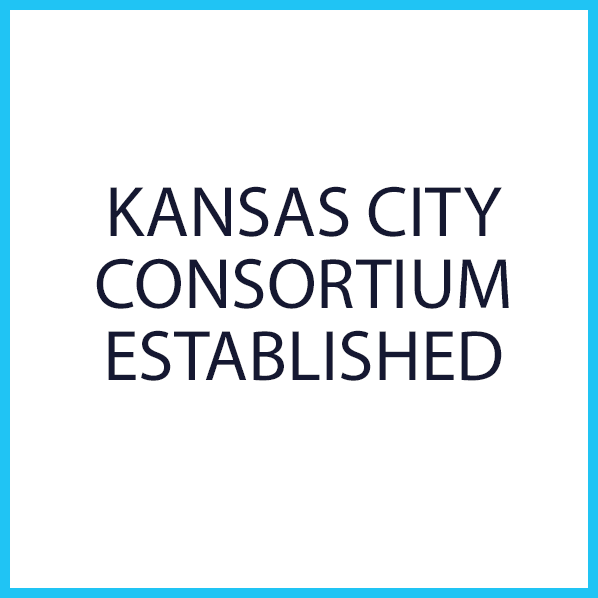
Kansas City Proteomics Consortium Established to Build Regional Proteomics Capabilities
January 1, 2001The Kansas City Proteomics Consortium (KCPC) was created with a $1 million challenge grant from the Cray Foundation. The KCPC represented a collaboration between eight stakeholders, for whom KCALSI secured $12.3 million in federal funds and donor grants to equip these stakeholders’ laboratories significantly expanding regional proteomics capabilities and capacity.
-
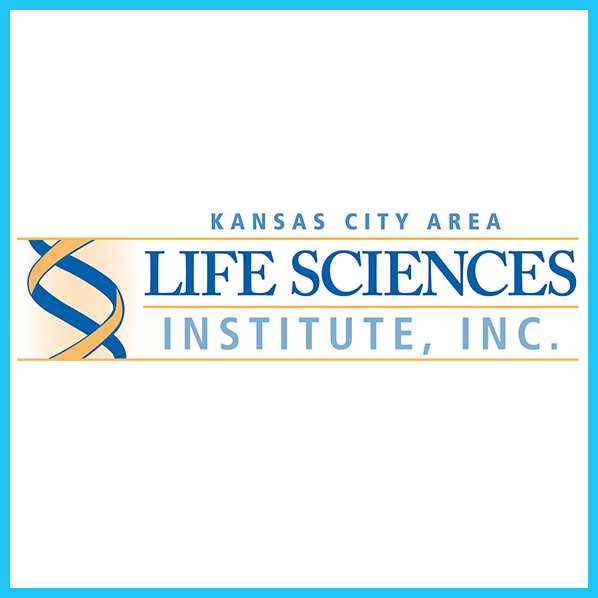
Kansas City Area Life Sciences Institute Launched
March 1, 2001The Kansas City Area Life Sciences Institute Association renamed to Kansas City Area Life Sciences Institute 501(C)(3) and operations launched. KCALSI was initially supported by 8 stakeholders:
- Children's Mercy
- Saint Luke's Health System
- University of Kansas
- University of Kansas Medical Center
- Kansas City University
- MRIGlobal
- Truman Medical Centers
-

Institutional Advisory Committee Established for Stakeholder Communications/Input
January 1, 2002The Institutional Advisory Committee (IAC) was formed to provide technical, scientific input regarding regional research initiatives to advise the KCALSI Board of Directors. The IAC also served as a critical communication channel between KCALSI and the stakeholder institutions.
-

Inaugural Annual Dinner
September 18, 2003With the support of the Kansas City Area Development Council, KCALSI held its inaugural Annual Dinner at the Intercontinental Hotel. The initial speaker was Dr. Webster Cavenee Ludwig Institute for Cancer Research, San Diego, and KCALSI Scientific Advisory Committee member.
-

MU and K-State Offer Support as Stakeholders
January 1, 2005The University of Missouri and Kansas State University are added as stakeholders.
-
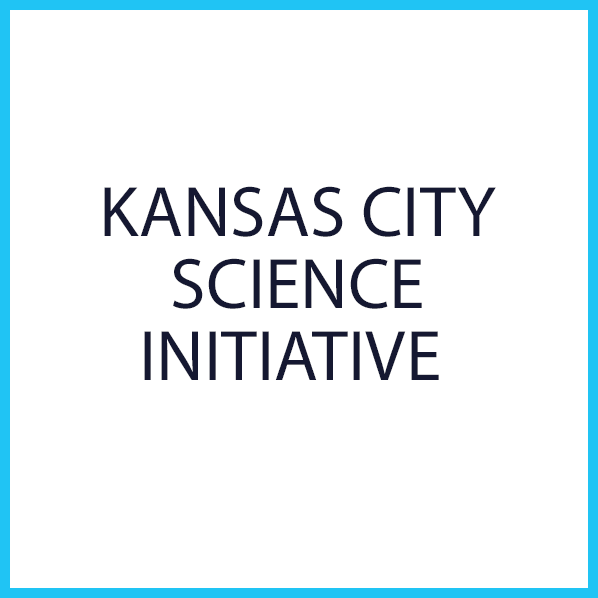
Kansas City Science Initiative Launched
April 1, 2005The Kansas City Science initiative (KCSI), a program utilizing research-based, hands-on, inquiry-based curricula combined with teacher professional development, to enhance STEM education for students from grades K- 8. Nicole Riegel, formerly manager of the Bayer “Making Science Make Sense” program, was hired to manage the KCSI. The program spun out as SySTEMic Innovations in 2010.
-
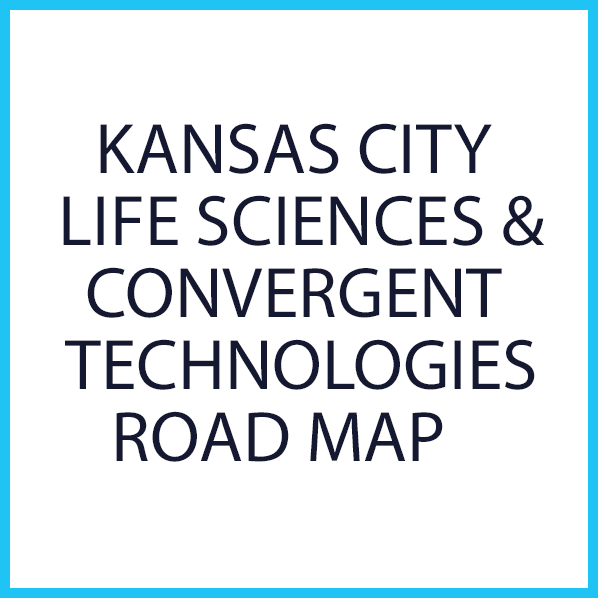
First Strategic Assessment, "Kansas City Life Sciences & Convergent Technologies Road Map”
July 1, 2005KCALSI engaged Richard Seline from New Economy Strategies to assess the region’s life sciences and technology assets This data-driven process tracked every federal research dollar supporting life sciences research to identify research strengths. Six “Hot Teams,” comprised of academic, business, and civic leaders were formed to develop business plans for the following scientific areas:
1. Animal Health
2. Bio-Pharma Drug Discovery
3. Cardiovascular/Tissue Engineering
4. Neurosciences
5. Oncology
6. Personalized Medicine/Health Care -
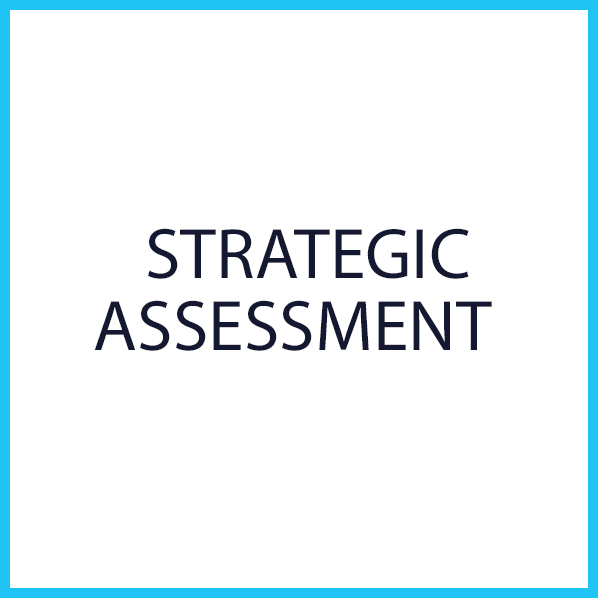
Strategic Assessment Identified a Regional Strength in Animal Health
September 18, 2005The 2005 Strategic Assessment identified a regional strength in animal health. With an investment from Bayer Animal Health, the Kansas City Animal Health Corridor was formed. The KCAHC was a collaboration between KCALSI, Kansas City Area Development Corporation, and the Greater Kansas City Chamber of Commerce.
-
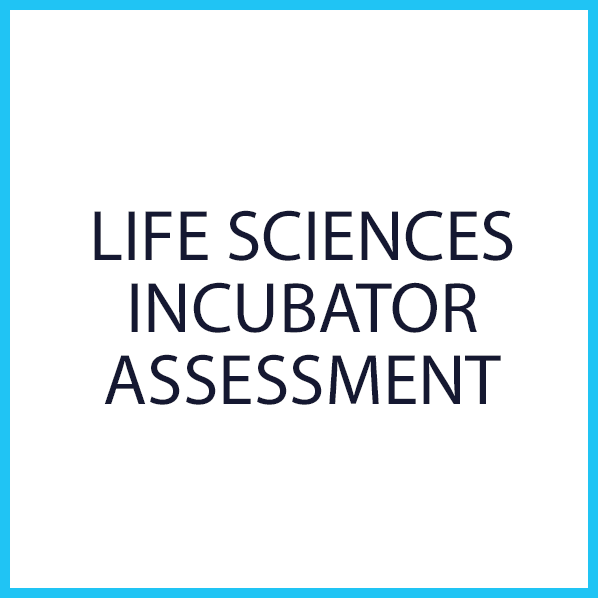
EDA Funded Regional Life Sciences Incubator Assessment
January 1, 2006The EDA funded the Regional Life Sciences Incubator assessment to determine the best location for a regional incubator. Determining the appropriate location for the development of a wet lab incubator was a key addition for growing and diversifying the region’s life sciences cluster. The funded study assessed the feasibility, site selection, and optimal characteristics of a wet laboratory incubator to support biotechnology company incubation and recruitment. Based on the results of the study, KUMC obtained a second EDA grant to convert the Briedenthal building to a wet lab incubator currently known as the KUMC Business & Technology Business Center.
-
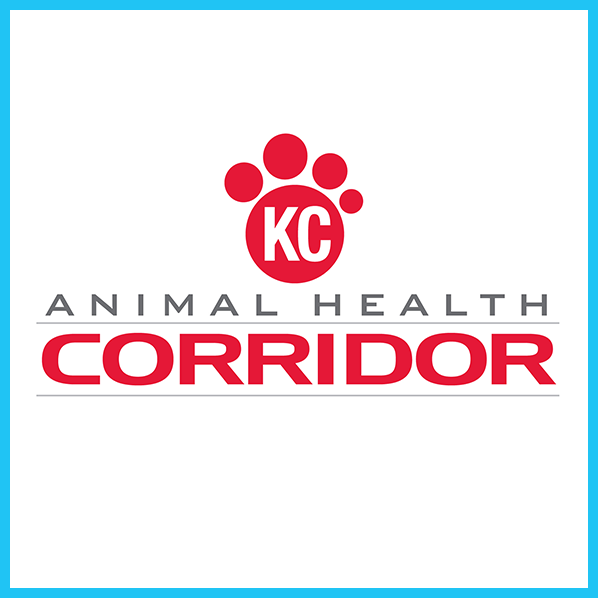
Animal Health Corridor Established
July 1, 2006The Animal Health Corridor established with Kansas City Area Development Council (KCADC) and Greater Kansas City Chamber of Commerce (GKCCC).
-

KCALSI Identifies NBAF Opportunity
September 18, 2006KCALSI identified In 2006 the NBAF opportunity and formed regional partnerships charged with developing expressions of interest to the Department of Homeland Security (DHS). KCALSI coordinated the submission of regional proposals – one focused on Leavenworth and the other on Manhattan.
-
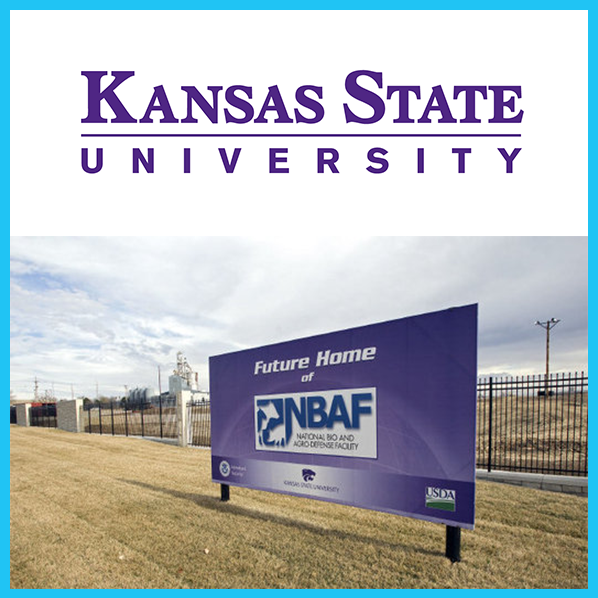
National Bio-Agro Defense Facility Announced
January 1, 2009The Department of Homeland Security announces National Bio-Agro Defense Facility to be built in Manhattan, KS.
-
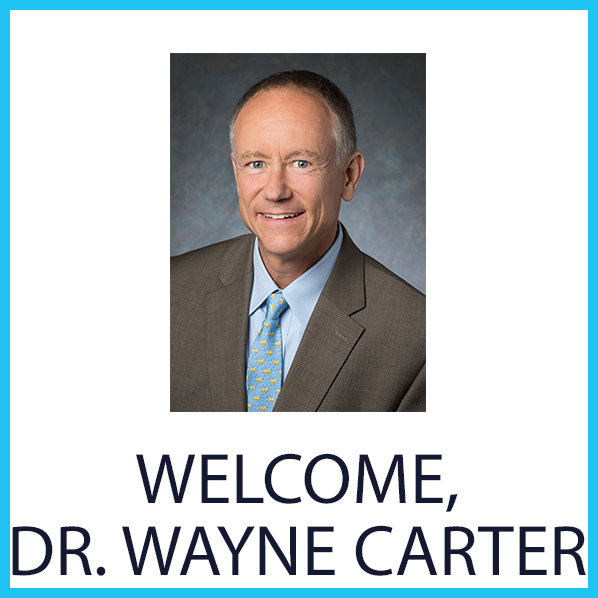
Wayne Carter Named President
January 1, 2012Wayne O. Carter, DVM, PhD, DACVIM hired as President of Kansas City Area Life Sciences Institute.
-

Path to 2025 Completed
January 1, 2015KCALSI Strategic Assessment completed, "Path to 2025".
-

First Midwest Bioinformatics Conference
April 11, 2015First Midwest Bioinformatics Conference.
-
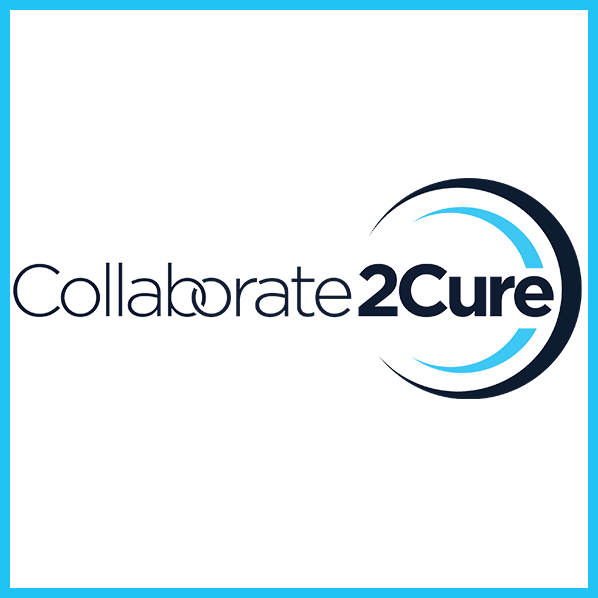
Collaborate2Cure Launched
September 1, 2016Collaborate2Cure Launched.
-
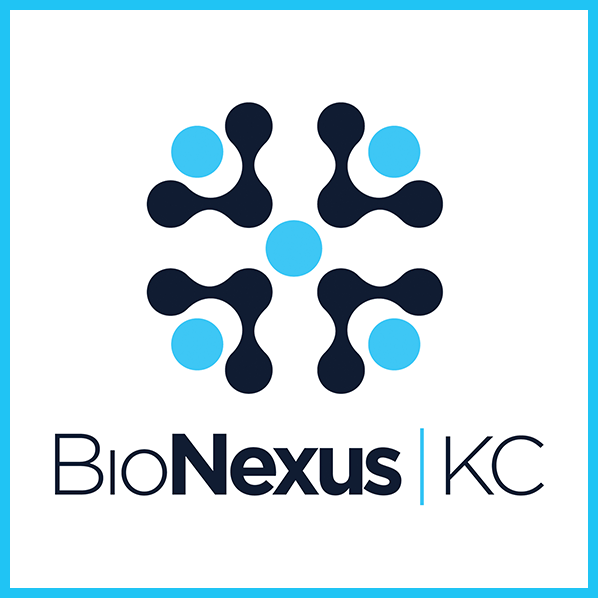
KCALSI Renamed BioNexus KC
March 7, 2018KCALSI Renamed BioNexus KC.
-

BioNexus KC Announces Dennis Ridenour as CEO
February 1, 2019
BioNexus KC is a 501(c)(3) not-for-profit organization governed by its President, the Board of Directors and the Board’s four permanent committees.